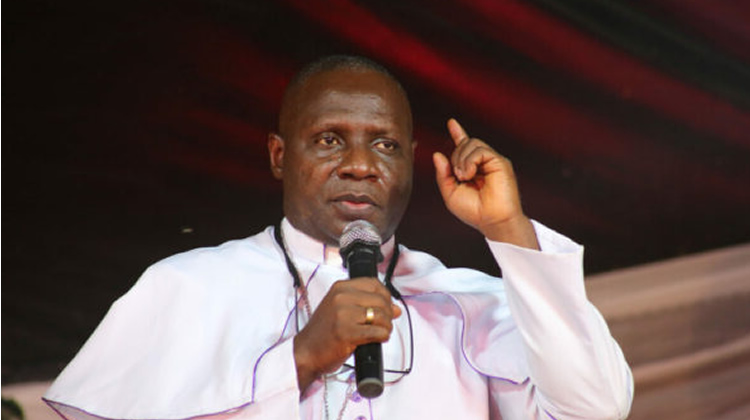The recent appointments to the North-West Development Commission’s board by President Bola Tinubu have sparked significant backlash from the North West chapter of the Christian Association of Nigeria (CAN) due to the evident lack of Christian representation. The president nominated seven individuals, all of whom are Muslim, to the governing body of the commission. This has raised serious concerns regarding inclusion and fairness in a region that is home to a diverse population of Christians and Muslims. The appointed members include notable figures such as Haruna Ginsau (Jigawa) as Chairman and Professor Abdullahi Shehu Ma’aji (Kano) as Managing Director. The absence of any Christian representation among the nominees was highlighted as a glaring oversight, especially in a region where Christians contribute significantly to the local population.
CAN Chairman for the North West, Sunday Oibe, has publicly condemned these appointments, expressing disappointment and a deep concern for the marginalization of Christians within the region’s decision-making bodies. In a statement released from Kaduna, Oibe categorically stated that these appointments do not reflect the region’s demographic diversity, asserting that all seven states in the North West – including Kaduna, Kano, Jigawa, Katsina, Kebbi, Sokoto, and Zamfara – have indigenous Christian populations that deserve representation. This sentiment echoes a broader concern about the potential implications of such a homogenous board, as it may exacerbate existing tensions and feelings of exclusion among Christians.
The North West Development Commission was created to tackle critical issues facing the region, including deteriorating infrastructure and persistent insecurity. However, Oibe voiced apprehension that without diverse representation, the commission may act with bias, undermining its fundamental goals. There is a strong indication that the president’s continued support for a Muslim-Muslim ticket during the recent elections is manifesting through these appointments. Oibe pointed out that the lack of Christian involvement in significant regional initiatives perpetuates the marginalization of believers in meaningful governance.
The CAN chairman firmly underlined the importance of inclusivity, stating that all citizens, regardless of religious affiliation, should have a voice in the administration and governance of their state. He called upon President Tinubu to reevaluate his recent appointments with urgency, urging him to acknowledge the presence and contributions of the Christian community in the North West. Failing to rectify the situation could have detrimental effects not only on the commission’s efficacy but also on regional unity, he warned. The implications of such imbalanced appointments extend beyond governance, potentially inciting division along religious lines in what is already a complex social landscape.
Oibe’s statement stresses the need for President Tinubu to embrace a spirit of compromise and inclusivity in his administration. He implores the president to take corrective measures that would reflect the diverse makeup of the populace, aiming for unity rather than division in leadership. He articulated that the actions taken by the government now would set a precedent for future engagements with Christian communities that feel marginalized. By advocating for a more balanced representation on the commission’s board, the CAN seeks to promote a sense of belonging and partnership that is crucial for collective progress within the North West region.
Moreover, Oibe warned of potential consequences should the situation remain unaddressed, alluding to the possibility of seeking divine intervention through the “court of heaven” if the complaints are ignored. This remark underscores the desperation of the Christian community in seeking acknowledgment and legitimacy within government structures. As tensions rise over perceived religious favoritism in appointments, the call for immediate action from the president resonates with not just the Christian community but with all stakeholders who desire a more equitable governance model in Nigeria. The ongoing dialogue concerning these appointments is a significant reminder of the importance of representation and inclusivity in Nigeria’s multi-religious society, which, if overlooked, could threaten the fragile peace and unity that the nation strives to cultivate.


